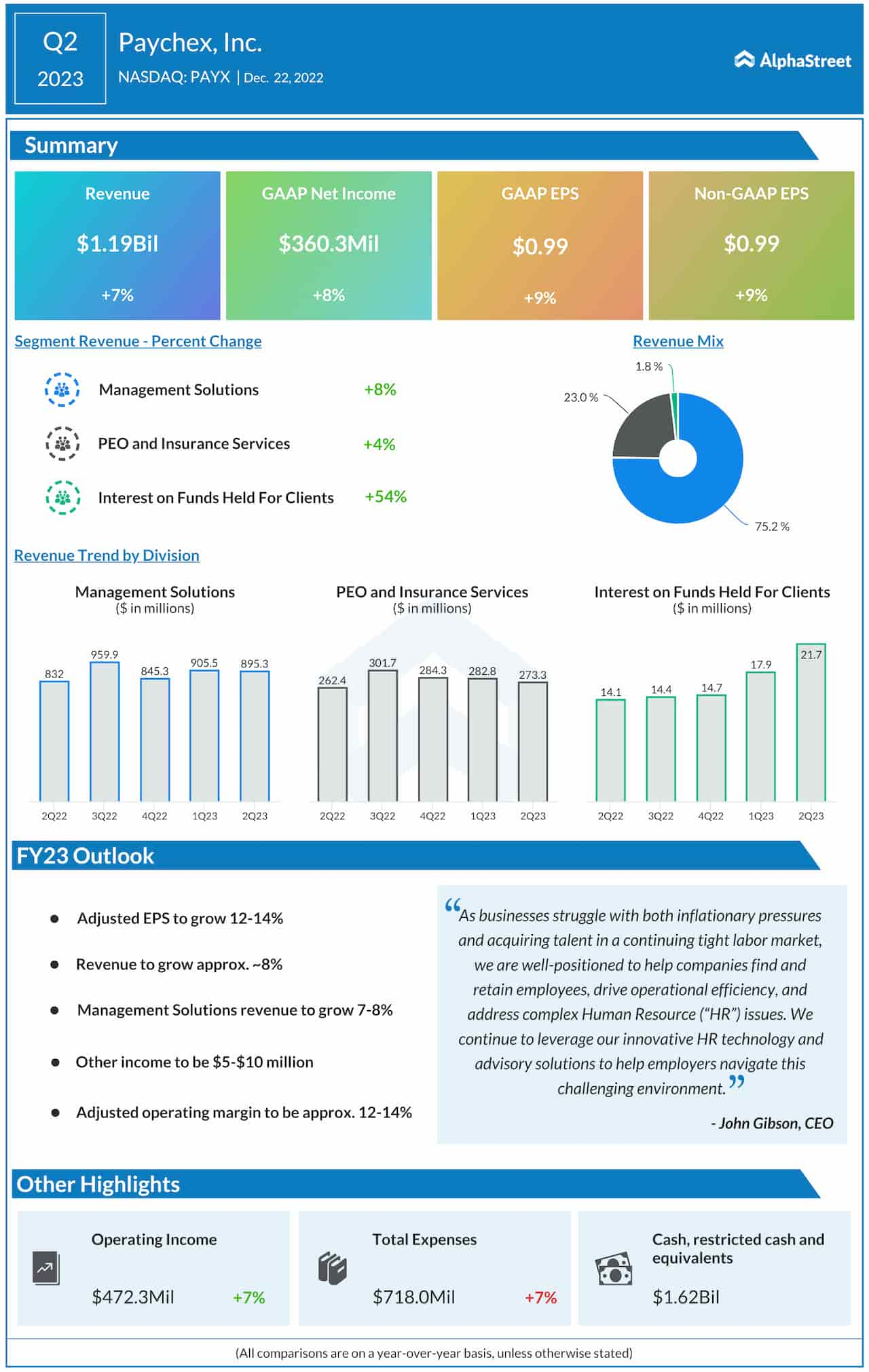Vay team | Image credit: Twitter (Bogdan Djukic)
Berlin-based Vay, a deeptech startup that claims to create a new path for mobility, announced on Thursday that it is the first company in Europe to receive an exemption permit for test rides without a safety driver on public roads.
The Authority for Traffic and Mobility Transition (BVM) in Hamburg issued the exemption permission. One of the requirements for approval by the authorities was a good certification from TÜV SÜD.
TÜV SÜD examined the Vay teledrive system’s functional safety and cybersecurity in compliance with ISO 26262 and ISO/SAE 21434 standards. TÜV SÜD is an independent third-party testing, certification, auditing, and consulting firm.
Anjes Tjarks, Hamburg’s Senator for Transport and Mobility Transition, says, “Intelligent mobility solutions are an essential part of the mobility transition. That’s why we are delighted that Vay intends to offer a modern teledriving service in our city and is now testing this innovative model without a safety driver in Bergedorf. For us in Hamburg, modern mobility solutions for our citizens are a major political priority. We are constructively supporting ideas that evolve highest demands on safety.”
A new approach to driverless mobility
Founded in 2018 by Thomas von der Ohe, Fabrizio Scelsi and Bogdan Djukic, Vay aims to remotely bring and park electric cars for its customers.
![]()
The company intends to provide a sustainable, low-cost door-to-door transportation service using remotely operated (“teledriven”) cars.
Teledrivers transport an electric car to the client and collect it when the journey is over, saving the consumer time searching for a parking place. Customers drive themselves while in the car. Vay views teledriving as an alternate way to autonomous driving and intends to gradually integrate autonomous functionalities into its system using high-quality teledrive data.
The company has a team of 150+ people and has offices in Berlin and Hamburg, Germany, as well as in Portland, US.
Vay raised $95M in its Series B round of funding. Its investors include Kinnevik, Coatue, Eurazeo, Atomico, La Famiglia and Creandum as well as prominent business angels such as former Alphabet CFO Patrick Pichette, a former member of the Management Board for R&D, Design, CTO of Audi Peter Mertens and Spotify’s Chief Technology & Chief Product Officer Gustav Söderström.
What has Vay been working on?
For more than three years, Vay has been running remotely-controlled electric cars on public highways in Berlin and Hamburg. So far, a safety driver has been used. With the exemption permission now in hand, Vay can undertake testing without a safety driver in a predefined region of Hamburg-Bergedorf. The company is now preparing for this important milestone in its four-year history.
Co-founder Thomas von der Ohe says, “We are very happy about the good cooperation with the authorities and this important step to get our unique concept on the road as soon as possible. It is great to see that this can be done out of Europe.”
Vay is developing a door-to-door service in which clients request an electric car using the Vay app. The company’s mobility service offers a teledriver that brings the car straight to the customer and is remotely managed from the teledrive centre. Teledrivers sit at a teledrive station, which includes a steering wheel and pedals designed to meet automobile industry requirements.
Several panels provide the driver with an overview of the traffic condition. After the automobile arrives, the customer drives themself to their destination. When the customer arrives at their location, a teledriver takes over the car, eliminating the time-consuming search for a parking place.
Thomas von der Ohe adds, “With our mobility service with electric cars, more people can be transported with fewer vehicles. This leaves more space for better living in cities. Vay expects that it can reduce personal transportation costs and increase road safety. Through teledriving, Vay wants to help reduce the four main causes of fatal accidents in inner cities: driving under the influence of alcohol or drugs, speeding, distraction and fatigue.”
Safety functionality
Vay uses numerous mobile networks to enable safe and uninterrupted data transfer. In the case of possible but ‘extremely rare’ network failures or emergencies, the car immediately comes to a safe stop within milliseconds.
Furthermore, teledrivers are also highly trained. They complete a certificate after many weeks of practical and theoretical instruction at the Vay Teledrive Academy. They learn how to cope with emergency circumstances in traffic.























